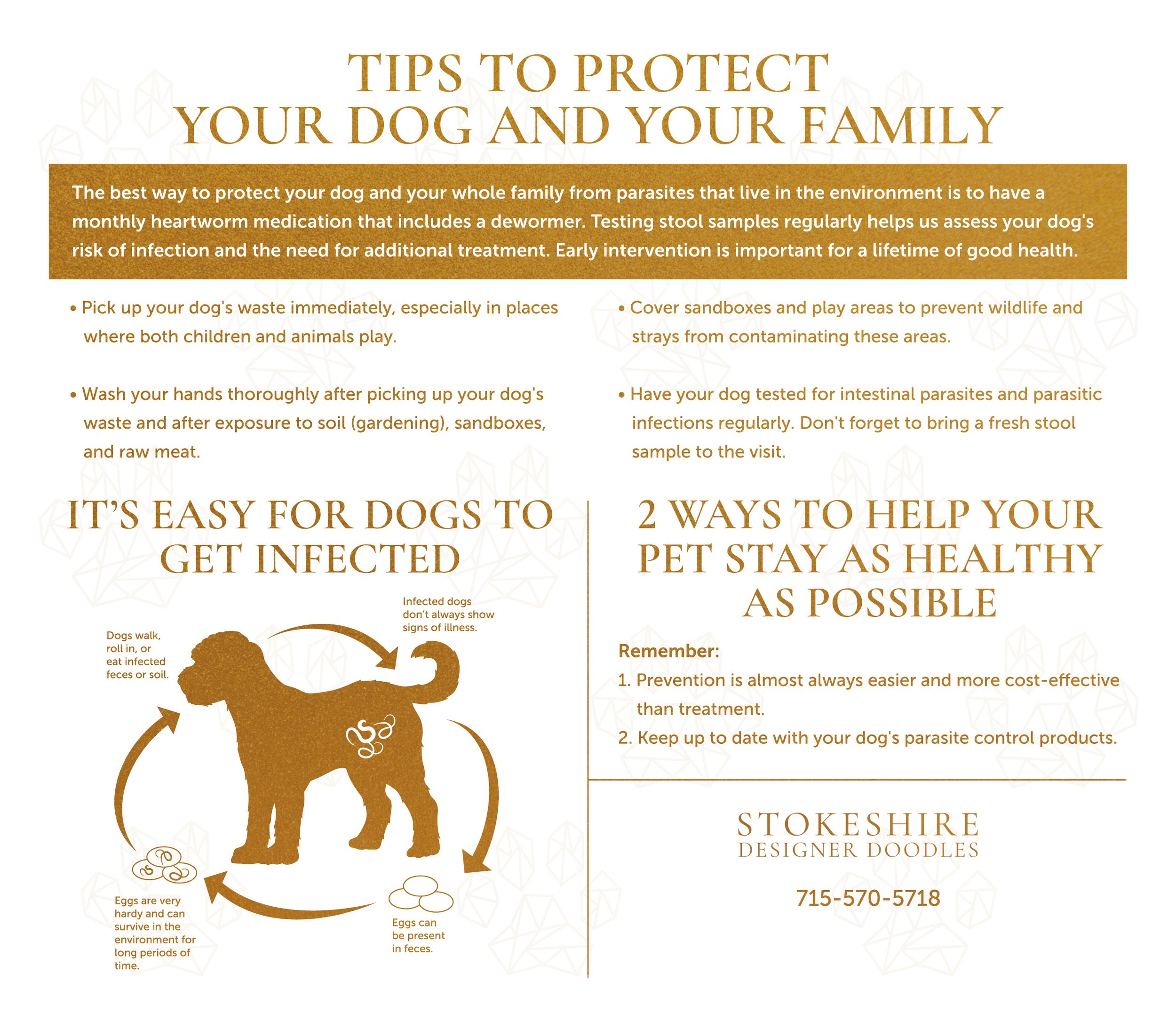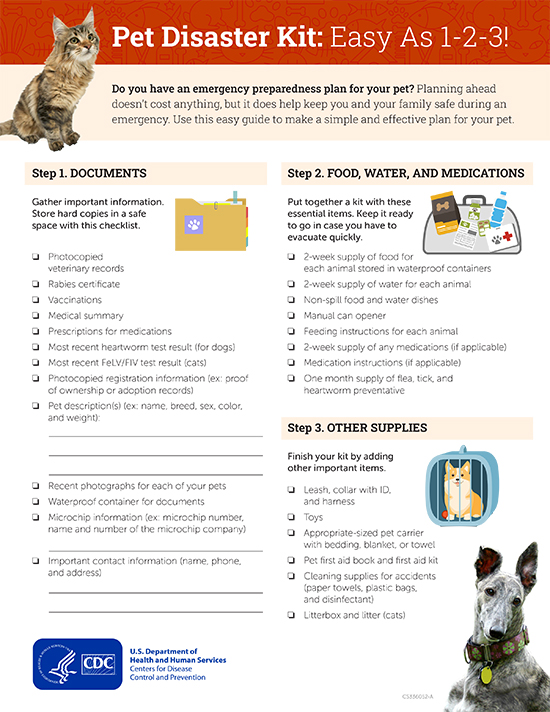If someone calls animal control on your dog, they may come to your location to investigate the situation and assess the dog’s behavior and living conditions. This could lead to various outcomes depending on the severity of the situation, including warnings, fines, or possibly even the removal of the dog from your care.
It is important to comply with animal control’s instructions and work towards resolving any issues to ensure the well-being of your dog and maintain a good relationship with your community.

Credit: www.aspca.org
What Triggers A Call To Animal Control?
When it comes to calling animal control on someone’s dog, there are several situations that may trigger a concerned citizen to take action. This can include excessive barking, aggressive behavior, and neglect or abandonment of the animal. By understanding these triggers, dog owners can take proactive steps to prevent calls to animal control and ensure the well-being of their furry companions.
Excessive Barking
Excessive barking can be a major annoyance for neighbors and can even disrupt the peace and tranquility of a neighborhood. When a dog constantly barks without reason, it may trigger a call to animal control. This is especially true if the barking occurs during late hours, causing disturbances and sleepless nights for those nearby. It’s important for dog owners to address excessive barking through proper training and socialization techniques. Consulting with a professional dog trainer or behaviorist can be beneficial in resolving this issue and avoiding unwanted calls to animal control.
Aggressive Behavior
If a dog displays aggressive behavior towards humans or other animals, it can pose a serious threat to the safety of those around. This can include biting, lunging, growling, or any other form of aggression. Such behavior can trigger a call to animal control out of concern for public safety. Dog owners should prioritize training and socialization from the early stages of their pet’s life to prevent aggression. Seeking professional help to address any signs of aggression is crucial in ensuring the well-being of both the dog and the community.
Neglect Or Abandonment
Neglect or abandonment of a dog is a distressing situation that can lead to serious consequences. If a dog is left outdoors without adequate food, water, shelter, or medical attention, it may trigger a call to animal control. Similarly, if a dog is abandoned or left in a dangerous environment, concerned individuals may feel the need to contact authorities. It is crucial for dog owners to provide proper care and attention to their pets, including regular veterinary check-ups, a safe living environment, and adequate social interaction. By meeting these responsibilities, dog owners can prevent calls to animal control and ensure the well-being of their furry companions.

Credit: www.wisconsindesignerdoodles.com
What Happens When Animal Control Is Called?
If someone calls animal control on your dog, animal control officers will typically investigate the situation to ensure the safety and well-being of the animal. They may assess the dog’s behavior, living conditions, and any potential threats to public safety.
Depending on the circumstances, they may issue warnings, citations, or remove the dog from the owner’s custody.
Investigation Process
When someone calls animal control on your dog, an investigation process will usually ensue. Animal control officers will typically visit your property to assess the situation and gather information. They may ask you questions about your dog’s behavior, vaccination status, and any previous incidents involving your dog. The officers may also speak to neighbors or witnesses to gather additional information. It is important to remember that cooperation with the officers during the investigation process is crucial to ensure a fair assessment of the situation.Possible Outcomes
After conducting their investigation, animal control officers can have several possible outcomes. They can classify your dog as harmless and non-threatening, leading to no further action or intervention. In some cases, they may offer advice on training or behavior modification to prevent future incidents. However, if the officers determine that your dog poses a risk to public safety, they may take further action. This may include issuing warnings, citations, or fines. In rare instances, animal control may seize your dog if they believe it presents a significant threat or has caused severe harm in the past.Pet Owner’s Rights
As a pet owner, it is important to know your rights when animal control is called on your dog. First and foremost, animal control officers cannot enter your home without a warrant or your permission. If they arrive at your residence, you have the right to step outside, speak with them, and address their concerns. You are also entitled to ask for evidence or documentation to support any allegations made against your dog. It is essential to remain calm and cooperative during interactions with animal control officers while asserting your rights. Remember, the goal is to ensure the safety of both your dog and the community.How To Protect Your Pet
When it comes to your beloved furry friend, it’s important to know how to protect them in any situation. If someone calls animal control on your dog, it can be a stressful experience for both you and your pet. However, by understanding local regulations, providing proper training and socialization, and taking preventive measures, you can ensure your pet’s safety and well-being.
Understanding Local Regulations
In order to effectively protect your pet, it’s crucial to familiarize yourself with the local regulations concerning animals. Each region may have its own set of rules and guidelines when it comes to dogs and their behavior. By knowing the laws specific to your area, you can ensure that you don’t unintentionally violate any regulations that could lead to a call to animal control.
For example, some areas may have noise ordinances regarding excessive barking. If your dog has a tendency to bark excessively, it’s important to address this behavior through training and proper management to avoid potential issues.
Additionally, it’s essential to understand any leash laws or restrictions on dog breeds that may be in place. By following these regulations, you can prevent unnecessary attention from animal control and keep your pet out of harm’s way.
Training And Socialization
Providing your dog with proper training and socialization can go a long way in preventing incidents that may lead to calls to animal control. Training your dog to follow basic commands such as “sit,” “stay,” and “come” not only helps keep them safe but also demonstrates your responsibility as a pet owner.
Furthermore, socializing your dog from a young age can help them become comfortable and well-behaved around other people and animals. This reduces the likelihood of them displaying aggressive or fearful behavior that could potentially lead to complaints and intervention from animal control.
Taking Preventive Measures
In addition to understanding local regulations and providing proper training, there are several preventive measures you can take to protect your pet. These measures include:
- Ensuring your dog is always securely contained within your property, whether through a fence or leash.
- Using identification tags or microchipping your pet to increase the chances of their safe return in case they ever go missing.
- Regularly vaccinating your dog and keeping up with their medical check-ups to prevent any issues that may arise from negligence in their care.
- Supervising your pet when they are outdoors to prevent them from engaging in potentially dangerous or disruptive behavior.
- Being a responsible pet owner by cleaning up after your dog and adhering to any waste disposal regulations in your area.
By taking these preventive measures, you can minimize the chances of someone calling animal control on your dog and ensure their overall safety and well-being.
Dealing With Animal Control
If someone calls animal control on your dog, it can be a stressful situation for both you and your furry friend. It’s important to know how to navigate this process effectively, ensuring the best possible outcome for your beloved pet. In this section, we will discuss the steps you can take when dealing with animal control, including how to respond to a visit, knowing your rights, and seeking legal advice.
Responding To A Visit
If animal control pays you a visit, it’s essential to stay calm and handle the situation with poise. Remember, animal control officers are there to ensure the well-being of animals and enforce local animal laws. To make the process as smooth as possible, consider the following tips:
- Politely ask for identification from the animal control officer to ensure their legitimacy and authority.
- Cooperate fully and answer any questions that the officer may have regarding your dog.
- Provide relevant information about your dog’s vaccination records, licensing, and any other necessary documentation.
- Keep the conversation respectful and avoid confrontations or arguments that could worsen the situation.
- Request a copy of any documentation or citations given by the animal control officer for your records.
Knowing Your Rights
It’s crucial to be aware of your rights when animal control is involved. As a pet owner, you have certain protections and privileges that you can exercise to ensure the best outcome for your dog. Remember the following:
- You have the right to refuse entry to your home without a warrant or your permission.
- If the situation permits, step outside to speak with the animal control officer on your property, rather than allowing them inside.
- Ask for specific reasons regarding why animal control was called and what violations or complaints have been made against your dog.
- If you believe that the actions of the animal control officer are unjust or inappropriate, calmly voice your concerns and consider escalating the issue if necessary.
Seeking Legal Advice
If you find yourself in a complex situation or believe that your rights as a pet owner have been violated, it may be beneficial to seek legal advice. Consulting with an experienced attorney who specializes in animal law can provide valuable guidance and support during these challenging times. An attorney can help you navigate the legal system, understand your options, and advocate for the best interests of your dog.
Remember, dealing with animal control can be a stressful experience, but by responding calmly, knowing your rights, and seeking legal advice when needed, you can ensure the best outcome for your furry friend. Prioritize your pet’s well-being and work towards resolving any issues in a respectful and responsible manner.

Credit: www.costco.com
Frequently Asked Questions Of What Happens If Someone Calls Animal Control On Your Dog
What Are The Dog Laws In Texas 2023?
In Texas, dog laws for 2023 include charging a person with animal cruelty for torturing, neglecting, or abandoning an animal. Additionally, mistreating, fighting, or poisoning animals is also considered animal cruelty. It is important to report any instances of animal neglect or cruelty to local authorities.
What Is Considered Animal Cruelty In Texas?
In Texas, animal cruelty includes torturing, abandoning, or failing to provide necessary care for an animal. It also encompasses transporting or confining an animal in a cruel manner or causing animals to fight or be seriously injured. Administering poison or killing an animal is also considered cruelty.
Where Do I Report A Dog?
To report a dog, contact your local Municipality or police station to lodge a complaint about barking dogs or animals causing a disturbance.
How Do I Report Animal Neglect In Austin?
To report animal neglect in Austin, contact Animal Control – Travis County. They are responsible for addressing animal welfare concerns. Provide specific details about the neglect and any evidence you may have.
Conclusion
If someone calls animal control on your dog, it is important to respond calmly and cooperatively. Remember, animal control is a form of law enforcement, but they cannot enter your home without a warrant or your permission. If you’re worried about your pets being taken, you have the right to not let them in.
Step outside and kindly speak with animal control to address any concerns or complaints. It’s important to know your rights and handle the situation responsibly to ensure the safety and well-being of your furry friend.



